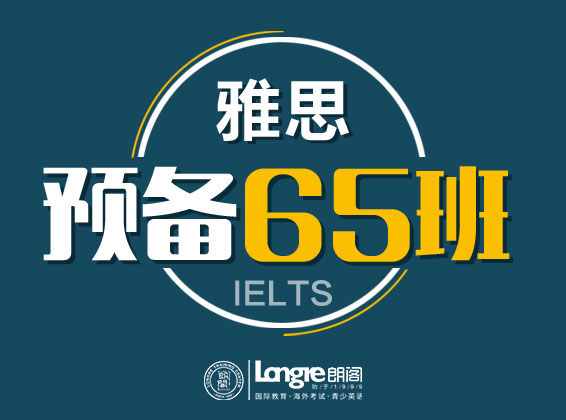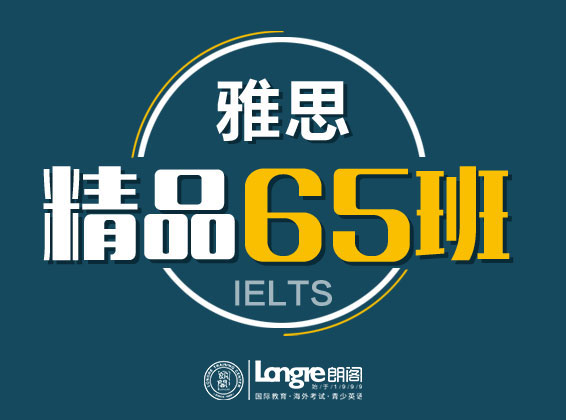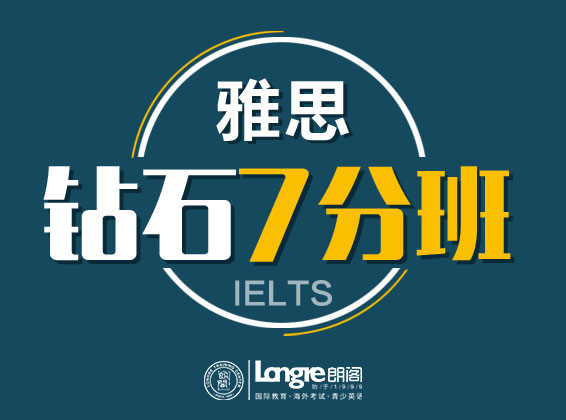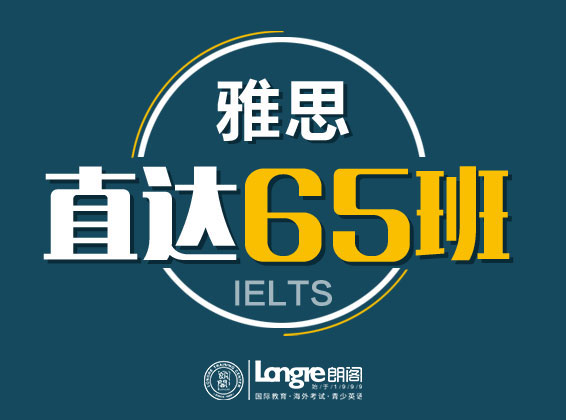|
我们知道,在SAT考试中,决定每一百分的仅仅是六七道题。因此每一道题在“分分必争”的阅读理解题中都显得是那么的重要。下面就谈谈SAT阅读理解中的修辞手段题。
英语中的修辞手段很多,但是大体与中文一致。在SAT考试中出现的典型的考题主要有下列几道: 例一:Paragraph 4 (line 29-37):Yawning can also be a Sign of stress in humans. Once, when observing airborne troops about to take their first parachute jump, I noticed that several of the soldiers were sitting in the plane and yawning. It was 10 A.M., just after a research is a time-consuming coffee break, and I doubted that they were tired; I knew for a fact that they were far too nervous to be bored. When I asked about this, the officer in charge laughed and said it primarily was really quite a common behavior, especially on the first jump. 15. The author uses which of the following in the fourth paragraph (lines 29-37) ? (A) Understatement (B) Personification (C) Analogy (D) Metaphor (E) Anecdote 讲解:这道题很简单,作者通过叙述自己的一件亲身经历的事情来证明段落开头的分论点即“Yawning can also be a Sign of stress in humans”所以作者在这里所运用的就是E项 ANECDOTE(轶事)。 例二:Passage 1 (line 3-9) For millennia, parents have recognized the newborn s basic need for safety, nourishment, warmth, and nurturing. Now science has added stunning revelations about human development from birth to age three., confining that parents and other adult caregivers play a critical role in influencing a child’s development. 9. Lines 3-9 of Passage 1 ("For millennia ... development") draw a parallel between (A) traditional practices and contemporary critiques (B) basic human needs and intellectual endeavors (C) widespread beliefs and scientific findings (D) parental anxieties and developmental advances (E) experimental hypotheses and proven theories 讲解:这道题是对平行结构(PARALLEL)这种修辞手段的考查。出题人要求考生识别出作者在文中对上千年来人们的信仰和科学新发现的对比。因此,此题的答案为C项。 例三:Passage 2 (line 46-56) Doctors, architects, executives, consultants, receptionists, and lawyers all manage to survive economically without "owning" their cognition. I take further comfort in the fact that the human species managed to produce pretty decent creative work during the 5,000 years that preceded 1710, when the Statute of Anne, the world’s first modem copyright law, passed the British parliament. Sophocles, Dante, da Vinci, Botticelli, Michelangelo, Shakespeare, Newton, Cervantes, Bach-- all found reasons to get out of bed in the morning without expecting to own the works they created. 15. The use of the phrase "pretty decent" in Passage 2 (line 50) conveys (A) solemn detachment (B) cheerful celebration (C) ironic understatement (D) lingering doubt (E) reluctant approval 讲解:此题难度较大,是使很多考生很困惑的一道修辞手段题。原文作者想要告诉读者:在世界上部知识产权法到来之前的几千年历史长河中,人类也创造了“还不错的”艺术作品。很显然,文章结尾的那些伟大艺术家的名字使我们立刻了解到作者所谓的“还不错的”艺术作品并不是他字面的意思。他实际上是运用了一种轻描淡写的方式使自己的语言具说服力。而这种轻描淡写的方式就是C项中的IRONIC UNDERSTATEMENT. 例四:line 75-82 Uncle: Take care! take care! (warning her with voice and hand that trembled alike.) Niece: Why? What shadow of power have you over me? Why should I fear you? Uncle: Take care, madam! Niece: Scrupulous care I will take, Mr. Sympson. Before I marry, I am resolved to esteem--to admire—to love. 14. In lines 80-82 ("Scrupulous...love"), Miss Keeldar deflects the warning from Mr. Sympson by (A) deliberately misunderstanding his meaning (B) scornfully turning the blame back on him (C) childishly mocking the tone of his comment (D) lamenting his failure to sympathize with her (E) justifying her previously sensible behavior 讲解:这是一道很是隐晦的修辞手段题。全文就是一个女孩和自己的监护人争吵得过程。他们的矛盾焦点就是这个女孩子是否要嫁给一个自己不喜欢的男孩子的问题。到了第80行左右,两个人的争论已经到了白热化。监护人警告女孩:“你给我小心点儿!”但是女孩儿却十分聪明的把CARE这个词理解成“照顾”。所以她说“我会小心谨慎的照顾自己的!”很显然,女孩儿时故意错误的理解监护人的意思使其加生气。CARE这个词的运用其实就是我们修辞手段中的双关语。因此答案是A项。 通过上述的几道真题的讲解我想大家对SAT阅读中的新增题型---修辞手段题有了近一步的了解。其实,只要我们在考试之前对各种修辞手段有所了解就不会在考试的时候出现无故失分现象。 (责任编辑:admin) |
文中图片素材来源网络,如有侵权请联系删除








